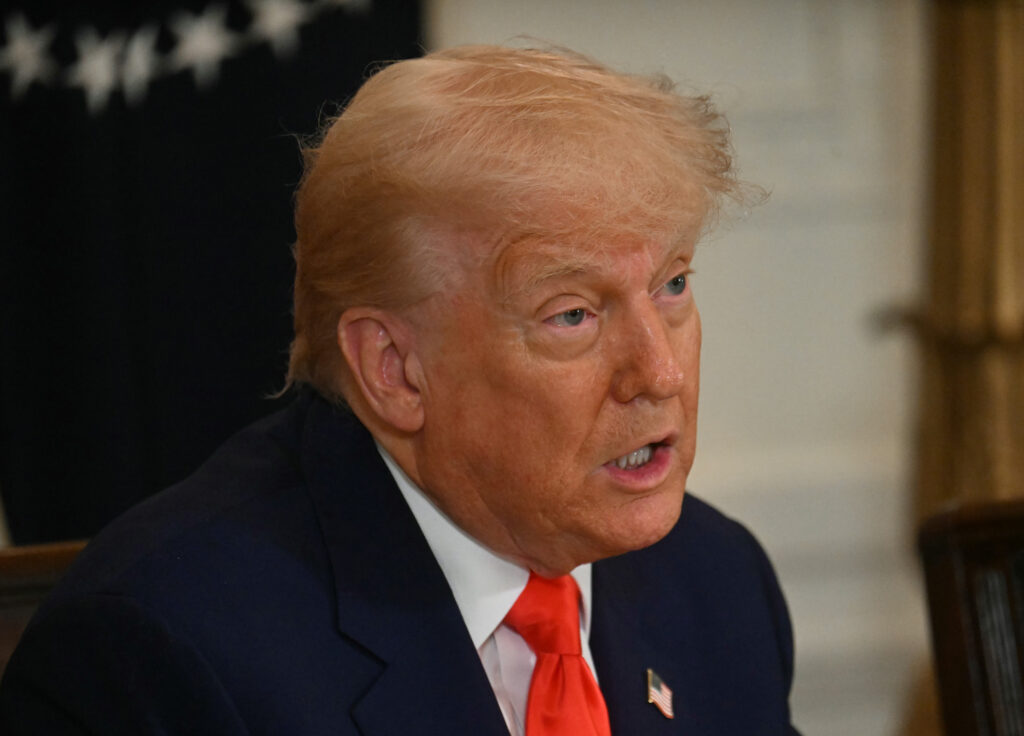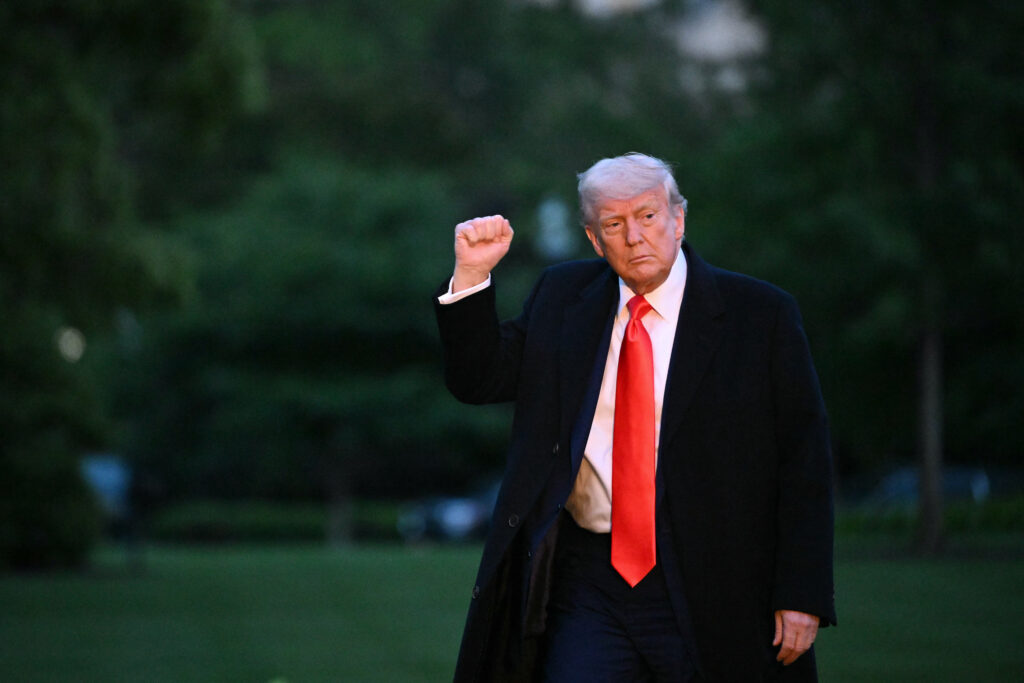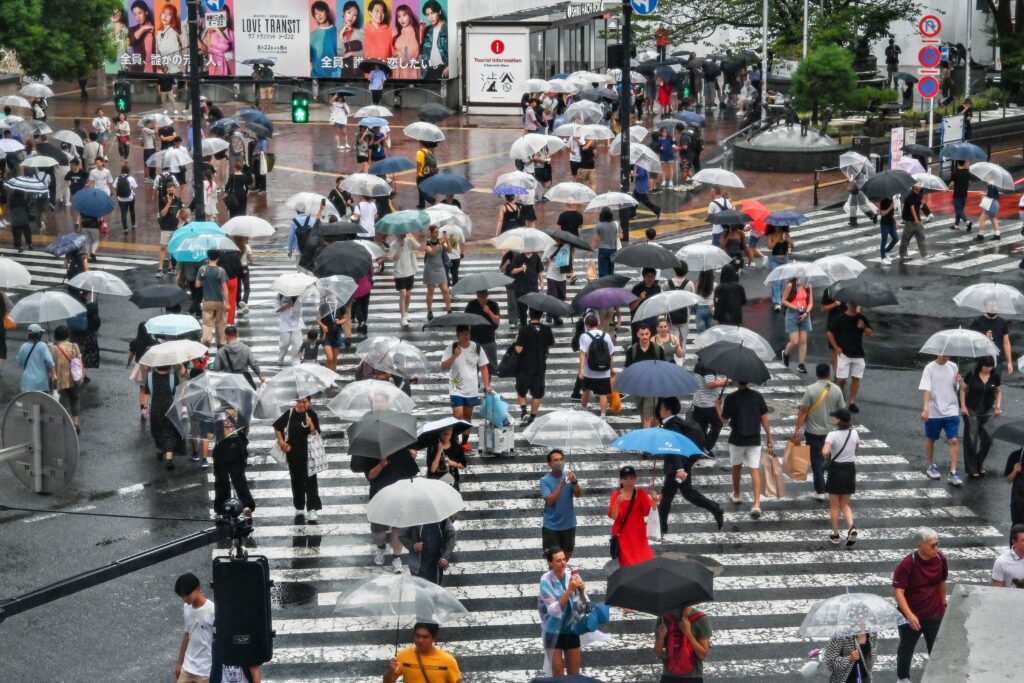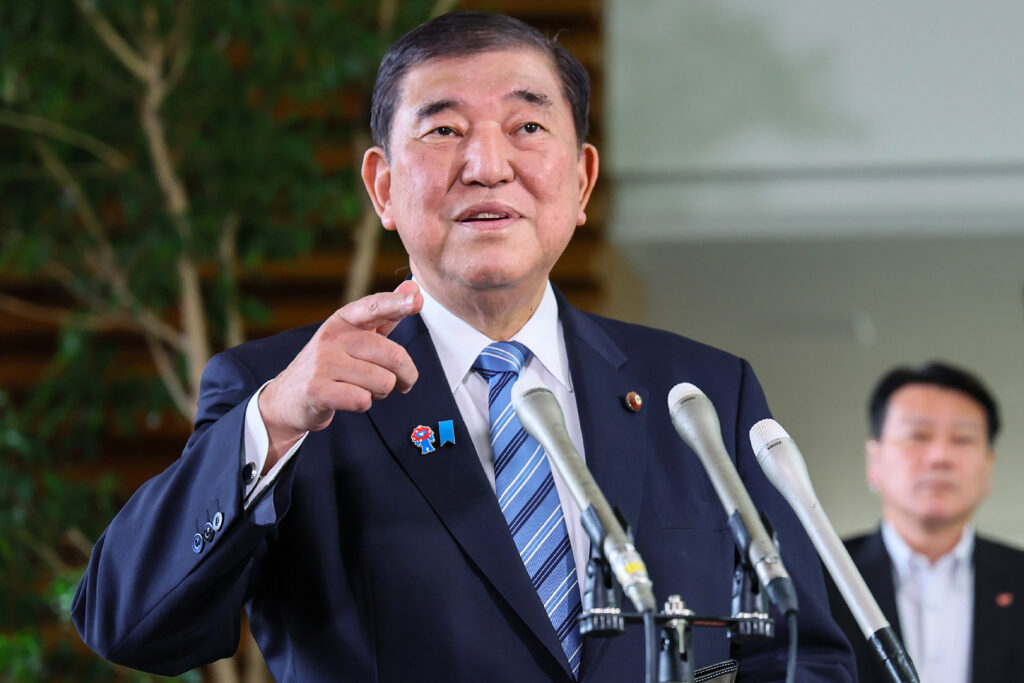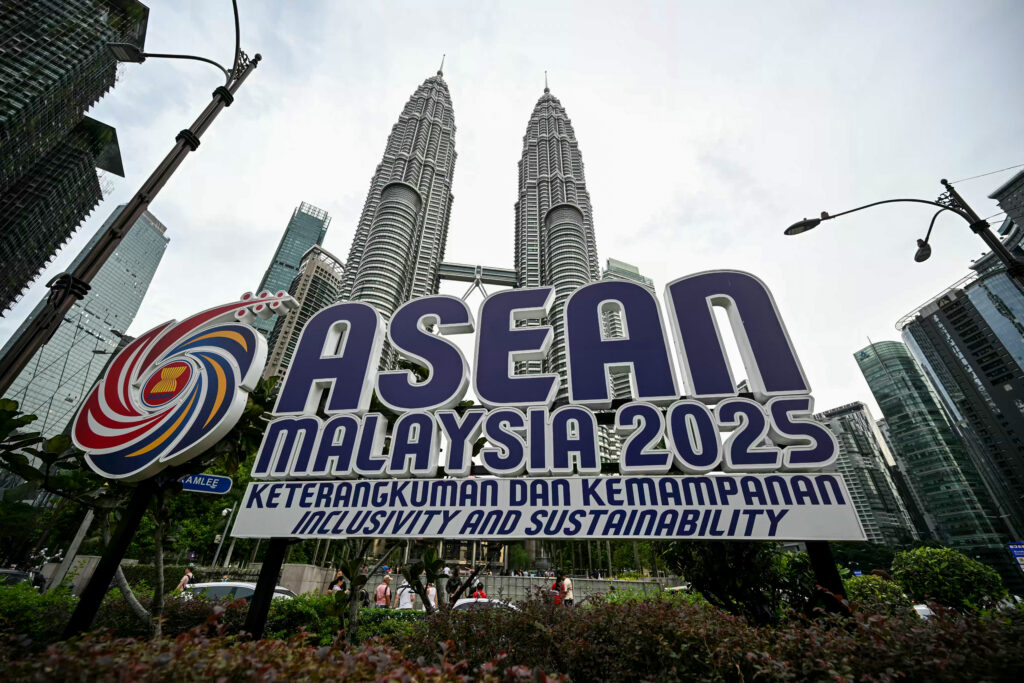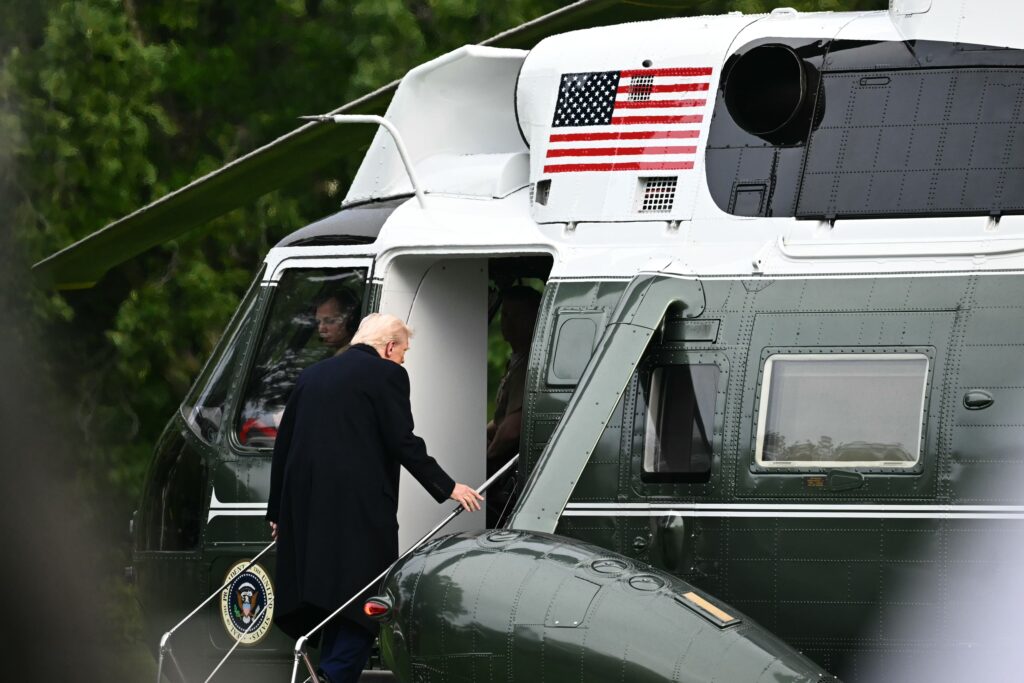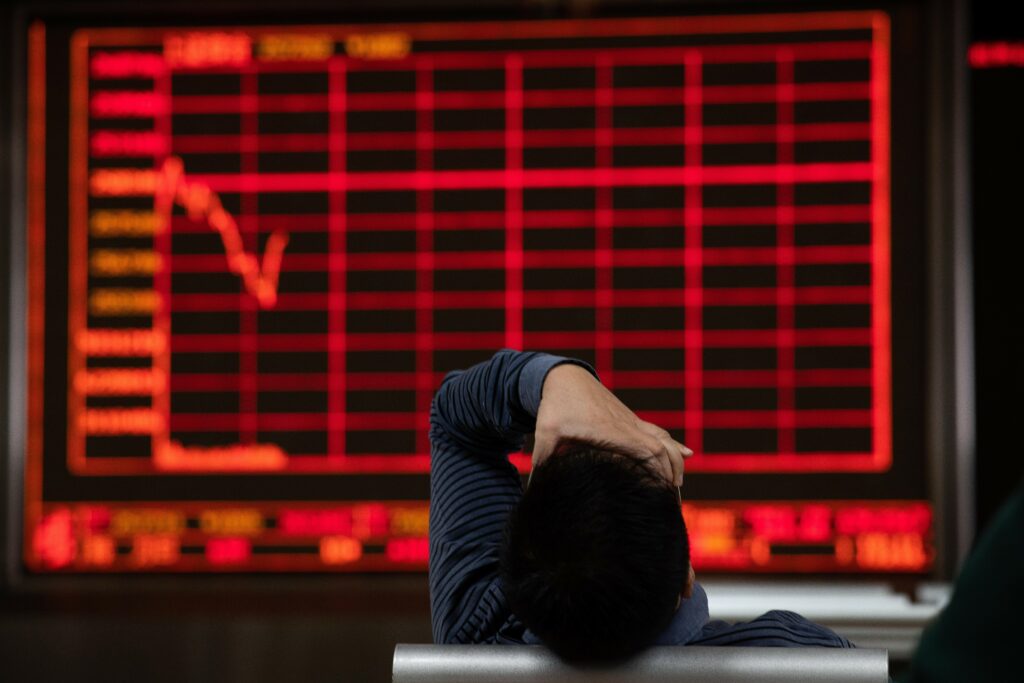Trump fires new 50% tariff threat at EU, drawing stiff response
President Donald Trump rekindled the US trade war on Friday, threatening to impose a 50 percent tariff on the European Union ahead of planned trade talks — and drawing a strong response from European politicians. The new duties on Brussels would, if imposed, dramatically raise Washington’s current baseline levy of 10 percent, and fuel simmering tensions between the world’s biggest economy and its largest trading bloc.Lamenting that negotiations with the EU “are going nowhere,” Trump said on Truth Social on Friday that he is recommending “a straight 50% Tariff on the European Union, starting on June 1, 2025.”The EU had been “formed for the primary purpose of taking advantage of the United States on TRADE,” he said, taking a swipe at “difficult” negotiations.European leaders and senior politicians reacted with dismay to Trump’s announcement, and called for de-escalation. “We are sticking to our position: de-escalation, but ready to respond,” France’s trade minister Laurent Saint-Martin posted on the X social media platform. Irish Prime Minister Micheal Martin called Trump’s announcement “enormously disappointing,” writing on X that “tariffs are damaging to all sides.””We do not need to go down this road,” he said, without spelling out how Europe might respond.An EU spokesperson declined to comment on Trump’s latest tariff threats on Friday, telling reporters that there was a pre-planned call later in the day between EU Trade Commissioner Maros Sefcovic and US Trade Representative (USTR) Jamieson Greer. Wall Street stocks fell on the news, before paring some losses.”The administration had kind of hinted that they were considering imposing reciprocal tariffs on countries that weren’t negotiating in good faith,” Barclays senior US economist Jonathan Millar told AFP. “And this kind of tweet this morning by the president suggests that that’s becoming a more likely possibility,” he said in an interview. – ‘Difficult’ negotiations -Trump imposed a new sweeping “baseline” tariff of 10 percent against most countries last month, and even steeper duties on dozens of trading partners — including a 20 percent levy on the EU — which have since been paused for 90 days to allow for trade talks. The Trump team has claimed some early successes in its deals struck with Britain and China, but talks with the EU have failed to make much progress, with Brussels recently threatening to hit US goods worth nearly 100 billion euros ($113 billion) with tariffs if it does not lower the duties on European goods.The United States ran a trade deficit with the EU totalling $235.6 billion last year, up 12.9 percent from a year earlier, according to data from USTR. The EU has noted that the overall trade deficit — including services — is much smaller, in the region of 50 billion euros, or around $56 billion. Speaking to Bloomberg Television on Friday, US Treasury Secretary Scott Bessent said the lower 10 percent tariff rate was “contingent on countries or trading blocs coming and negotiating in good faith.””And I think the president was getting frustrated with the EU,” he said.Spokespeople for USTR, the Commerce Department, the White House, and the Treasury Department did not respond to a request for comment on the details of Trump’s tariff plans. – US-made iPhones ‘not feasible’ -In a separate message posted Friday, Trump blasted Apple for failing to move iPhone production to the United States despite his repeated requests, and threatened new duties of “at least” 25 percent if they did not comply.Trump’s criticism of the US tech titan revived the pressure on Apple’s chief executive Tim Cook to do more to bring manufacturing jobs back to the United States from Asia. Most of Apple’s iPhone assembly happens in China, although the company has in recent years been shifting assembly to other countries, including India.Apple did not respond to a request for comment. One problem with Trump’s proposal, according to Wedbush Securities analyst Dan Ives, is that reshoring iPhone production to the United States “is a fairy tale that is not feasible.”Ives predicted moving assembly back across the Pacific Ocean could push up iPhone prices to $3,500. Another issue Trump may face is that he cannot impose tariffs — a form of import taxes — on a specific company, according to Georgetown University law professor Jennifer Hillman.If he wanted to, Trump could impose economic sanctions against a company like Apple, she told AFP by email. But, she added, those measures would “not take the form of tariffs.” burs-da/md
